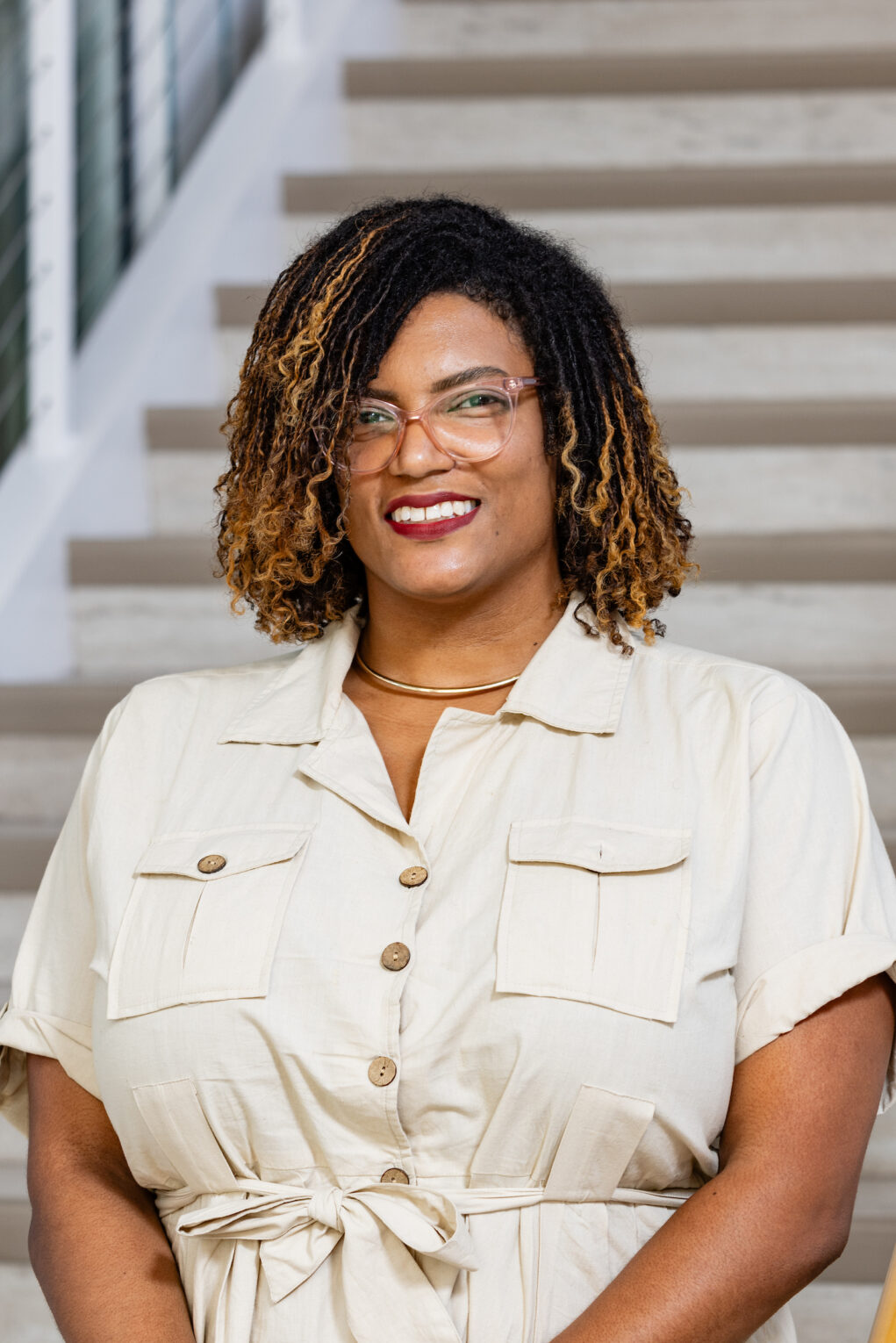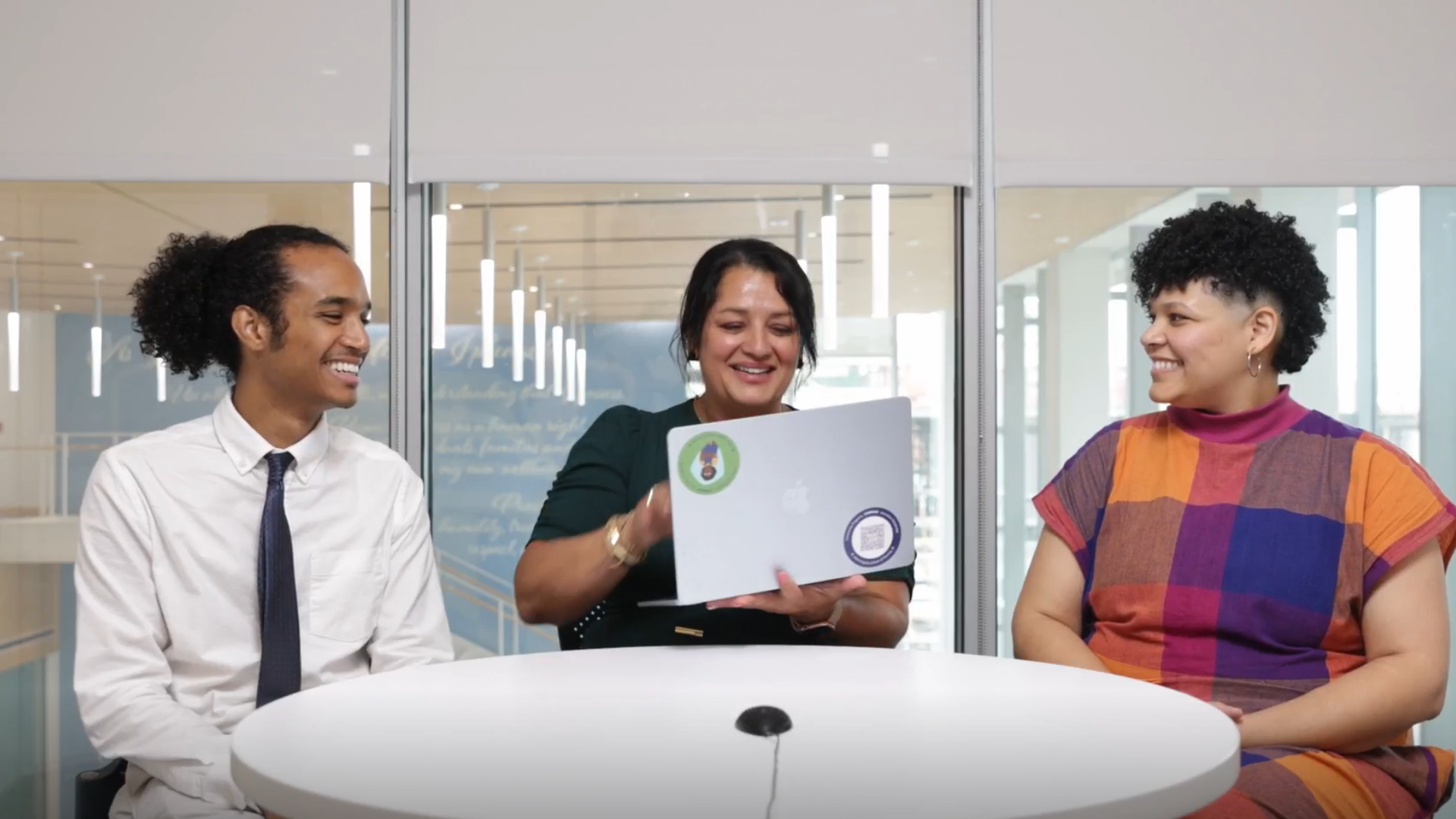The worlds of healthcare and higher education aren’t exactly calm seas right now. Hospitals are stretched, research dollars are competitive, and students are weighing the cost of advanced degrees more carefully than ever. But even in this moment (or maybe because of it) the need for nurse scientists has never been stronger.
Nursing needs people who aren’t afraid to dig deeper: to ask the questions no one else is asking, to build the evidence where it doesn’t exist, and to make sure the solutions actually reach the communities that need them.
For many nurses, a PhD can feel like something meant for “other people.” The Pathways to PhD Program at Johns Hopkins School of Nursing flips that narrative. Over eight weeks, nurses get mentorship, research placements, and a community that reminds you that you belong here.
This year’s cohort included Carolina Mona Keene, Darcey McCampbell, and Hilario Morales, who worked with the COMPASS center through the program. In their own words, they describe individual journeys, each discovering their own path to becoming a nurse scientist.

I came to understand that scholarship is more than data.
Hilario Morales, BSN
Hilario Morales
When doctors misdiagnosed me with mitral valve prolapse, it wasn’t just frightening. I had to fight to be heard—something marginalized people are asked to do every day in health care. I was persistent, I sought a second and third opinion and finally corrected the error, but the experience revealed how unevenly the health care system responds to different people. Persistence is a privilege; seeking care can feel like a scavenger hunt, with referrals, denials, insurance gaps, and prior authorizations that create obstacles at every step.
Now I am a first-generation college graduate and the first nurse in my Eritrean and Guatemalan family, but that experience shaped the way I carry myself in the profession. In addition, my early jobs revealed both the promise and inequities of healthcare, while my mentors helped me see research as a responsibility and not just a career goal. I understand my role in widening the path for others.
This summer in the Pathways to PhD program, I came to understand that scholarship is more than data. It is about lifelong learning, a commitment to health justice, and creating systems that dignify people, confront inequity, and advance equity.

I want to move beyond implementing existing knowledge to generate new insights that can inform practice, policy, and long-term change.
Carolina Mona Keene, DNP, AGACNP
Carolina Mona Keene
I am a DNP-prepared nurse, assistant professor, and lifelong advocate for health equity, and much of my career has centered on translating evidence into practice. Now I feel a growing pull toward something more: the creation of evidence itself. I want to move beyond implementing existing knowledge to generate new insights that can inform practice, policy, and long-term change.
And as a Latina nurse, I began to see the possibility of weaving together my cultural identity, my clinical expertise, and my scholarly aspirations into a cohesive professional path. That realization gave me clarity and confidence.
Most importantly, the program crystallized my calling: to pursue PhD-level education so that I may create knowledge that advances equity, empowers communities, and prepares the next generation of nurses to do the same.
Now I tell myself with certainty: “This is where I belong.” The Pathway to PhD program did not simply encourage me to apply for a doctoral program—it helped me claim my identity as a future nurse scientist.

As a PhD-prepared nurse scientist, I can care for individuals we may never meet by producing research that informs practice and policy.
Darcey McCampbell, RN, PHN, SANE
Darcey McCampbell
When I began my nursing journey, doctoral study was not part of the plan. I faced academic doubt and uncertainty early on learning English as a second language and in special education. Educators told my parents I would never learn to read, but they valued education—and I was stubborn—and it pushed me forward to nursing.
Over time, I realized that nursing is about more than bedside care; it’s about addressing societal structures that impact well-being. As a forensic nurse at the intersection of healthcare and the criminal legal system, I see how deeply those structures affect the lives of patients. Providing exams after assault is humbling and requires moving at the speed of trust, but the field needs urgency in strengthening its evidence base to improve care for survivors and communities impacted by violence.
As a PhD-prepared nurse scientist, I can care for individuals we may never meet by producing research that informs practice and policy, and that vision has become my own. Now, leaving the Pathways to PhD program, I’m carrying the shared commitment to transforming the profession and prepare the next generation of nurses.
A Turning Point for Nursing
Each scholar’s path carried obstacles such as misdiagnosis, early doubts about academic ability, and the challenge of belonging in academia. Their reflections make clear that research is never abstract. It is about health justice, cultural identity, and building an evidence base strong enough to improve care for communities too often overlooked.
At a time when health care and higher education face mounting pressures, investing in diverse voices has never been more critical. The future of nursing depends not only on applying existing knowledge but on creating new evidence. That evidence must be rooted in lived experience, cultural humility, and equity, and shaped into solutions as diverse and resilient as the people they are meant to serve.
Read more:

ABOUT THE AUTHOR:
SYDNEE LOGAN
Sydnee Logan, MA is Brand and Public Relations Manager at the Johns Hopkins School of Nursing. She shares nurse and community stories with the world.
